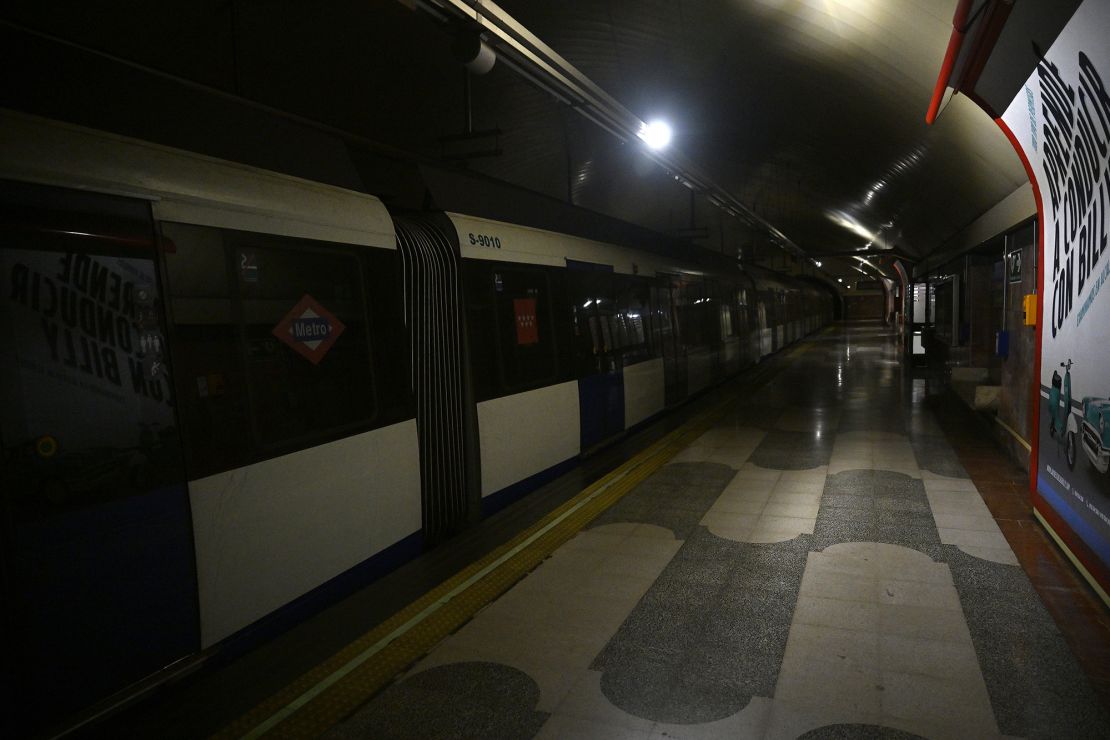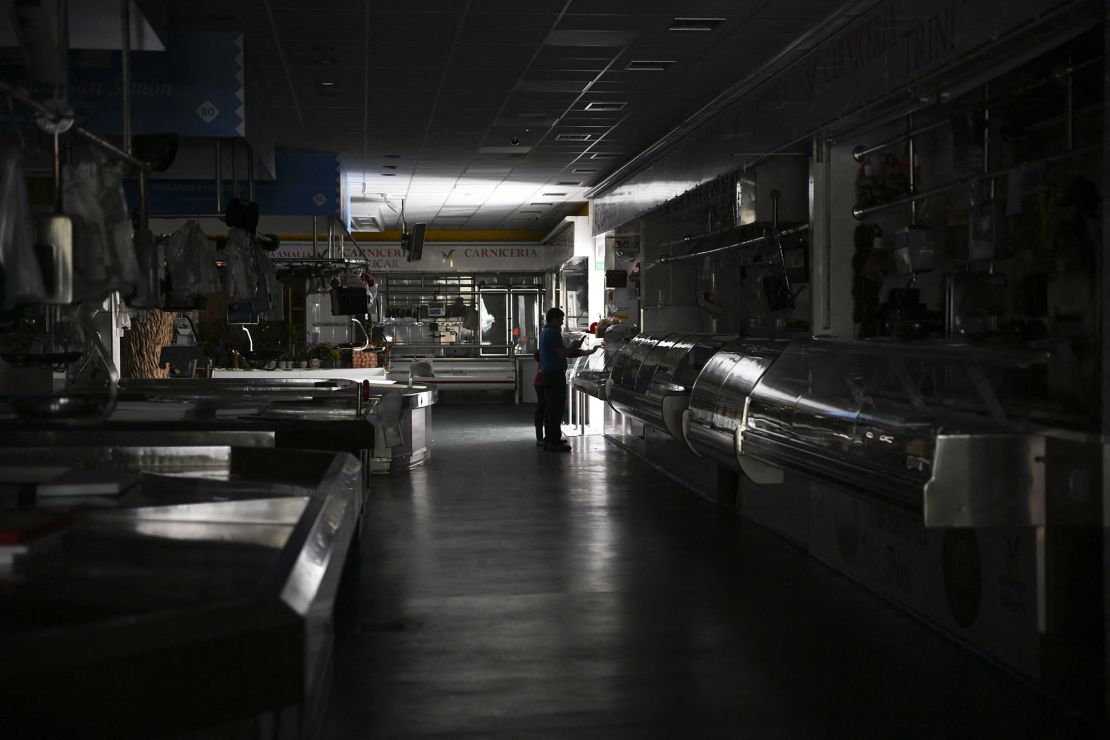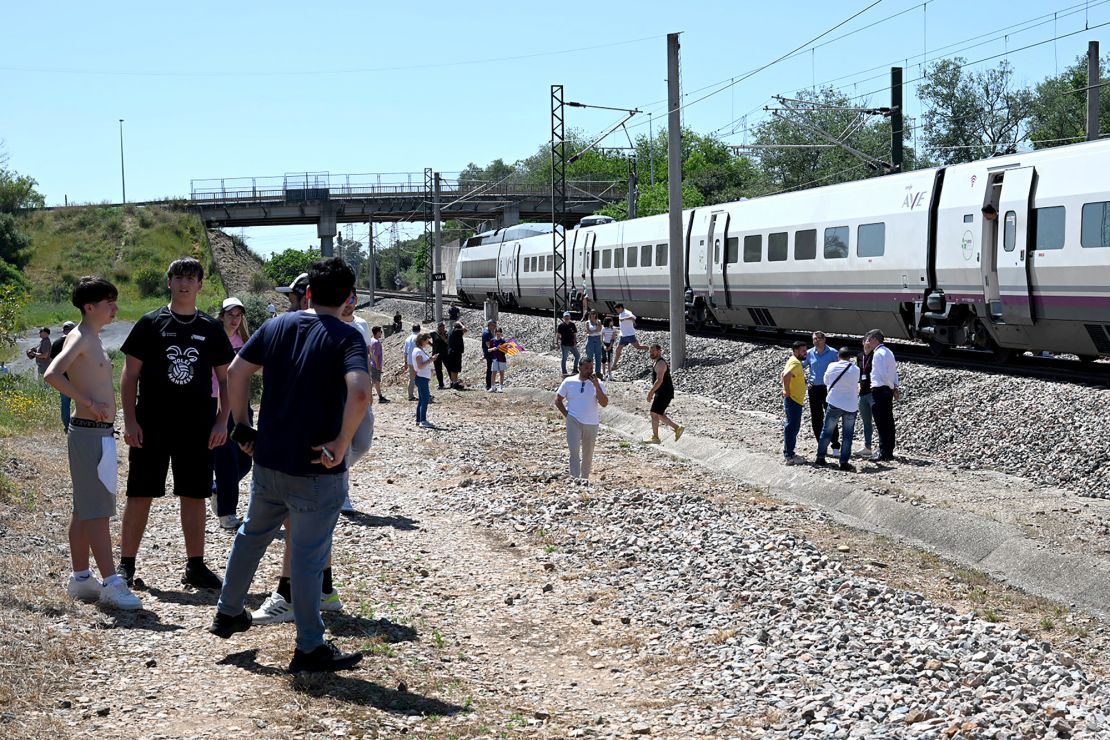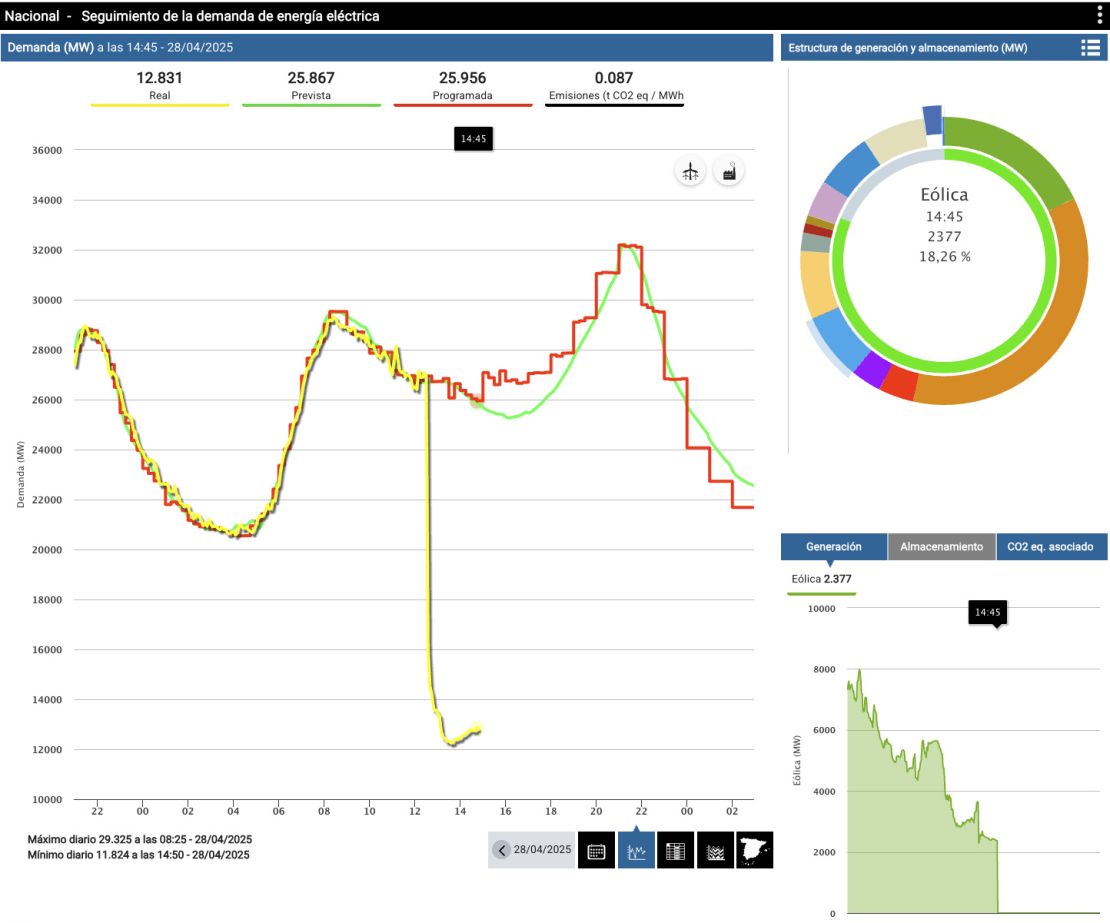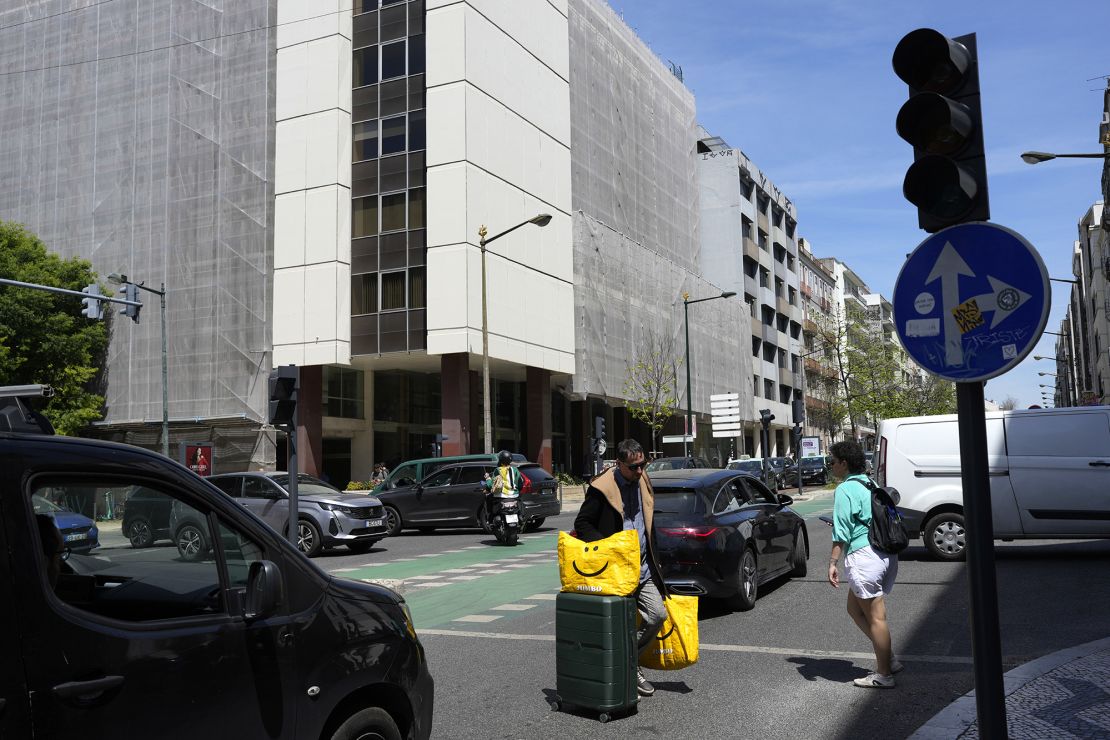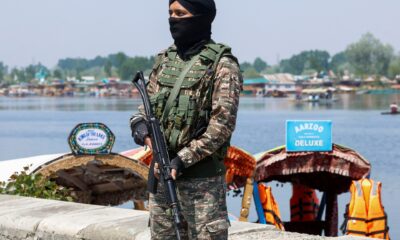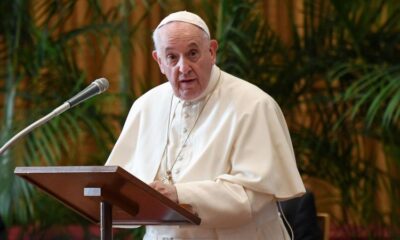CNN
—
Russian President Vladimir Putin on Monday declared a unilateral three-day ceasefire in Ukraine next month, a move met with skepticism by Ukrainian officials who demanded the Kremlin leader immediately accept a longer truce proposal from the United States that he has so far rejected.
Moscow said “all military actions” in Ukraine would be suspended from midnight May 8 to midnight May 11, a decision which it said was based on “humanitarian considerations.” The truce would coincide with Russia’s World War II Victory Day commemorations on May 9 and the 80th anniversary of the defeat of Nazi Germany.
Putin’s announcement – which was met with renewed urging from the White House for a “permanent ceasefire” – comes as the Trump administration ramps up pressure on Moscow and Kyiv to agree to a deal to end the war.
On Sunday, US Secretary of State Marco Rubio said this week would be “very critical” in determining whether the US would persist with its efforts to broker peace.
“While President Trump welcomes Vladimir Putin’s willingness to pause the conflict, the president has been very clear he wants a permanent ceasefire and to bring this conflict to a peaceful resolution,” US National Security Council Spokesman Brian Hughes said on Monday.
Later on Monday, Ukrainian President Volodymyr Zelensky called the ceasefire declaration an “attempt at manipulation,” pointing out that, despite the Kremlin leader saying he wants peace, he has not accepted the US proposal for a 30-day ceasefire that Kyiv has agreed to.
“Russia has consistently rejected everything and continues to manipulate the world, trying to deceive the United States. Now, yet again, another attempt at manipulation: for some reason everyone is supposed to wait until May 8 before ceasing fire — just to provide Putin with silence for his parade,” Zelensky said in a post on X.
Zelensky’s chief of staff Andriy Yermak thanked Trump on Monday for “supporting a full ceasefire,” writing in a post on X that “only a permanent, unconditional, and comprehensive ceasefire — not a temporary one, as Putin proposes — is necessary to end the war.”
“If Russia truly wants peace, it must cease fire immediately,” Ukrainian Foreign Minister Andrii Sybiha said in response to Monday’s announcement from the Kremlin. “Why wait until May 8th?”
“Ukraine is ready to support a lasting, durable, and full ceasefire. And this is what we are constantly proposing, for at least 30 days,” he added.
The announcement came a little more than a week after the Kremlin proclaimed a 30-hour truce over Easter, which Kyiv cautiously agreed to. Ukraine’s military later accused Russia of violating that April 19 ceasefire with more than 2,900 attacks along the expansive frontlines. Moscow also accused Ukraine of repeatedly breaking that truce.
Senior Trump administration officials say the coming weeks will be a pivotal time in negotiating an end to the war, more than three years after Russia launched its full-scale invasion of Ukraine.
“We’re close, but we’re not close enough,” Rubio said on NBC’s “Meet the Press” on Sunday, following a phone call with Russia’s Foreign Minster Sergey Lavrov.
Moscow described a “productive exchange of views” between the two.
US President Donald Trump has voiced increasing frustration over the failed efforts to broker a peace agreement within his self-imposed target of the first 100 days of his presidency. On Sunday, Trump leveled pointed criticism at Putin in some of his most potent comments to date, urging his Russian counterpart to “stop shooting, sit down and sign a deal.”
“We have the confines of a deal, I believe, and I want him to sign it and be done with it and just go back to life,” Trump said.
Trump’s comments came after he returned to Washington following a trip to Pope Francis’ funeral at the Vatican on Saturday. He met Zelensky on the sidelines of the ceremony for a short talk that both sides described as productive.
Since April 19, when Putin proclaimed the temporary Easter ceasefire, Russian attacks have killed at least 62 civilians and injured another 290 in Ukraine, according to a CNN tally of figures from local authorities and emergency services.
“The Easter ceasefire has already shown that there was no ceasefire in reality,” a senior officer in Ukraine’s Security Service (SBU), who goes by the call sign Bankir and has been fighting in the Zaporizhzhia region, told CNN on Monday.
“There were a lot of enemy drones and artillery continued to work without reducing the intensity,” Bankir reflected. “The Easter ceasefire showed that it was just public statements that were not confirmed in practice.”
This story has been updated with additional developments.




